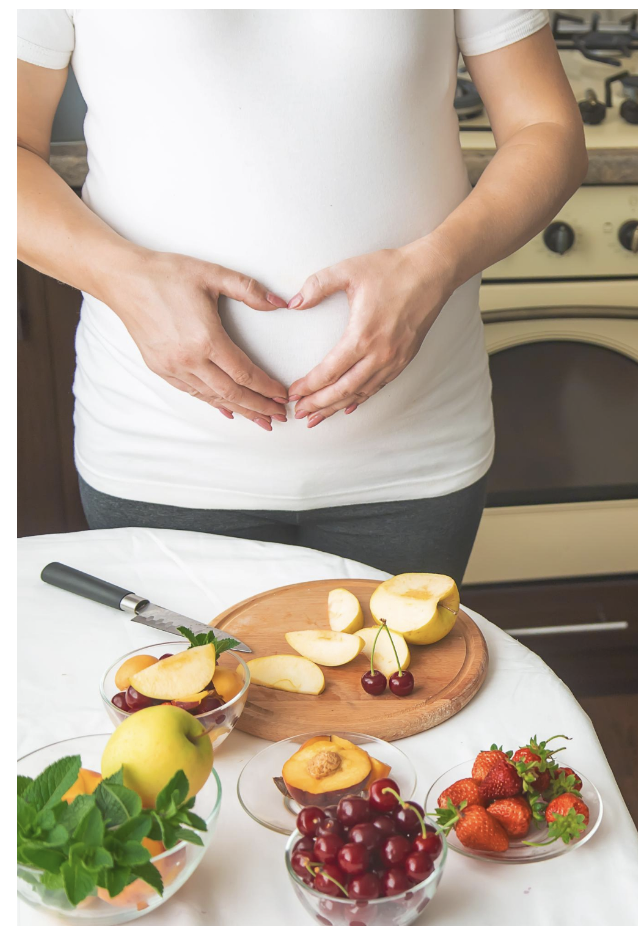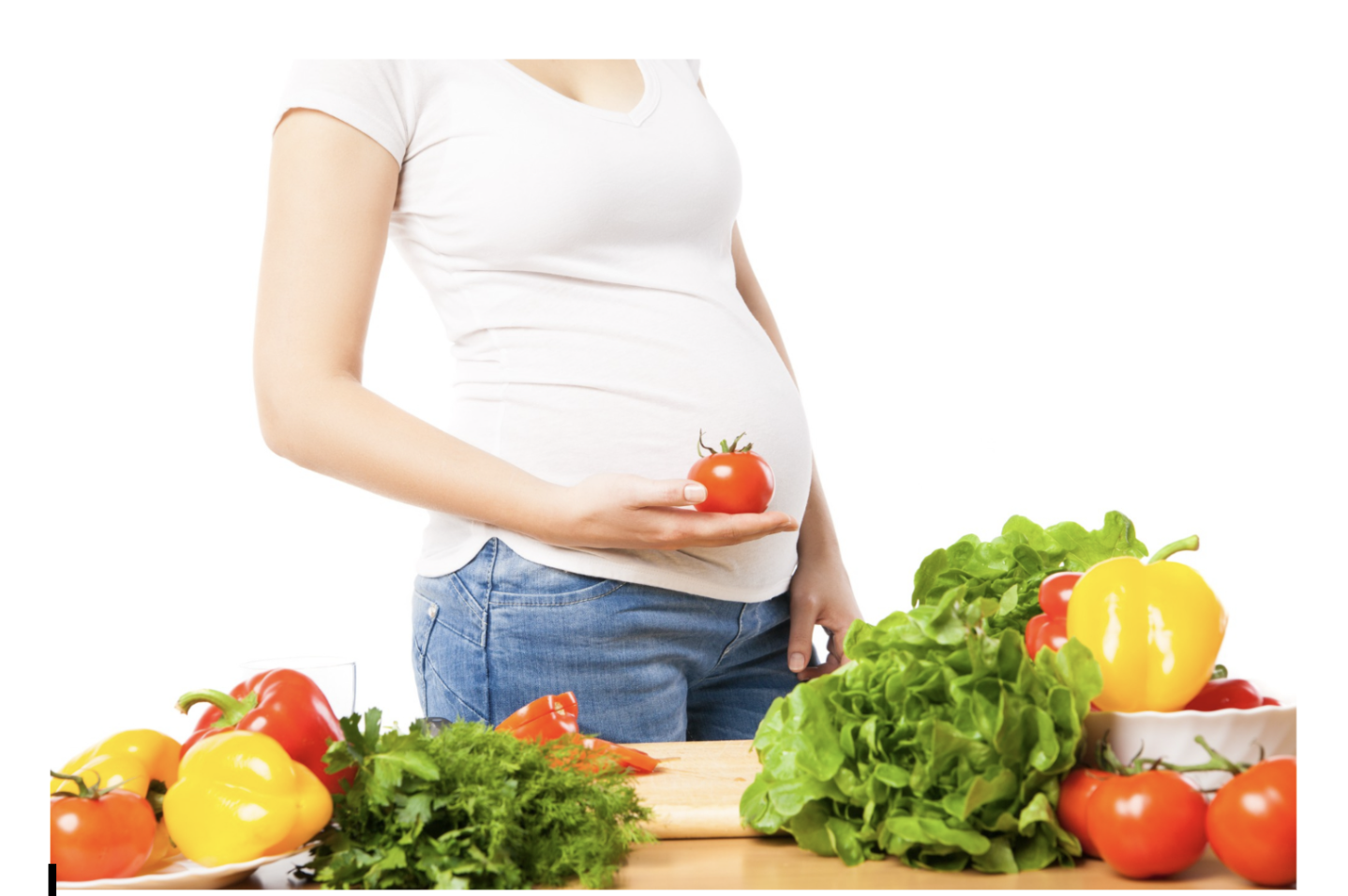10 Foods That Increase Fertility in Females

While there isn't a one-size-fits-all diet guaranteed to lead to pregnancy, research suggests that certain foods can contribute to a healthy reproductive system and ovulation process. These foods are packed with vital nutrients that can influence hormone regulation, egg quality, and overall health. Remember, a balanced diet is key, so focus on incorporating a variety of these options into your meals.
1. Leafy Green Vegetables:
Dark, leafy greens like spinach, kale, and Swiss chard are nutritional powerhouses. They're rich in folate, a B vitamin crucial for cell growth and development. Adequate folate intake can help prevent neural tube defects in the developing fetus. Leafy greens are also a good source of iron, which is essential for healthy ovulation, and calcium, which supports bone health throughout pregnancy.
2. Fatty Fish:
Salmon, sardines, mackerel, and herring are excellent sources of omega-3 fatty acids, particularly EPA and DHA. These fats are vital for egg quality and overall reproductive health. Omega-3s may also help regulate menstrual cycles and improve blood flow to the uterus. Besides fish, consider incorporating flaxseeds, chia seeds, and walnuts into your diet for alternative plant-based sources of omega-3s. Salmon, sardines, mackerel, herring and lobster are excellent sources of omega-3 fatty acids, particularly EPA and DHA.
3. Whole Grains:
Whole grains like brown rice, quinoa, and whole-wheat bread are packed with complex carbohydrates, which provide sustained energy. They're also a good source of fiber, which can help regulate blood sugar levels and insulin levels, potentially improving ovulation. Whole grains are also often fortified with folic acid, another fertility-boosting nutrient.
4. Beans and Lentils:
Beans and lentils are a fantastic source of plant-based protein and fiber. Studies suggest that replacing animal protein with vegetable protein sources like beans and lentils may improve ovulation rates. They're also a great source of folic acid, making them a well-rounded fertility choice.
5. Citrus Fruits:
Grapefruits, oranges, clementines, and kiwis are all loaded with vitamin C, an antioxidant that helps protect cells from damage. Vitamin C may also improve egg quality and sperm health. Citrus fruits are also a natural source of folate, making them a double dose of fertility goodness.
6. Berries:
Berries like blueberries, raspberries, and strawberries are bursting with antioxidants and anti-inflammatory compounds. These can potentially improve egg quality and sperm health in both partners. They're also a good source of fiber and vitamin C, adding another layer of fertility support.

7. Nuts and Seeds:
Nuts and seeds, such as almonds, walnuts, sunflower seeds, and pumpkin seeds, are a great source of healthy fats, protein, and essential minerals like zinc and selenium. These nutrients can play a role in hormone regulation and ovulation. They're also a convenient and portable snack option.
8. Healthy Fats:
Healthy fats, such as those found in avocados, olive oil, and full-fat yogurt, can contribute to hormonal balance and improve egg quality. Avocados are also a good source of folate and potassium, while full-fat yogurt provides probiotics that can benefit gut health, potentially influencing fertility.
9. Eggs:
Eggs are a fertility superfood! They're a complete protein source, containing all the essential amino acids needed for the body. Eggs are also rich in choline, a vital nutrient for brain development in the fetus. They're a versatile ingredient that can be enjoyed in various ways throughout the day.
10. Low-Mercury Fish:
While some fish are high in omega-3s, they can also contain mercury, which can be harmful to fetal development. Opt for low-mercury fish options like salmon, sardines, and shrimp to reap the benefits of omega-3s without the risks of mercury exposure.
Remember:
- It's important to consult with a healthcare professional before making significant dietary changes, especially if you have any underlying health conditions.
- Maintaining a healthy weight can also improve fertility.
- While these foods can be beneficial, a well-rounded diet is essential for overall health and fertility.
- Consider prenatal vitamins, as they can help ensure you're getting adequate amounts of folic acid and other essential nutrients.
- Manage stress levels through activities like yoga or meditation, as stress can negatively impact fertility.
By incorporating these fertility-boosting foods into your diet and maintaining a healthy lifestyle, you can create an optimal environment for conception.
Supplements to Consider for Female Fertility:
While a balanced diet rich in the aforementioned foods is crucial, some women may benefit from incorporating specific supplements to further support their fertility:
- Prenatal Vitamins: Even before conception, a prenatal vitamin can help ensure you're getting enough folic acid, iron, and other essential nutrients that contribute to a healthy pregnancy. Most prenatals also contain vitamin D, which may play a role in regulating ovulation and improving egg quality.
- Omega-3 Fatty Acids: If you struggle to incorporate enough fatty fish into your diet, taking a high-quality omega-3 supplement can be a good alternative. Look for supplements derived from fish or algae that provide EPA and DHA.
- Coenzyme Q10 (CoQ10): This antioxidant may improve egg quality, particularly in older women. However, research on CoQ10's effectiveness for fertility is ongoing.
- Myo-inositol: This compound is a type of sugar alcohol that may help regulate insulin levels and improve ovulation in women with Polycystic Ovary Syndrome (PCOS).
Additional Tips for Fertility:
- Limit Caffeine and Alcohol: Excessive caffeine intake (more than 500mg per day) may hinder ovulation, while heavy alcohol consumption can disrupt menstrual cycles and egg quality.
- Manage Blood Sugar Levels: Maintaining healthy blood sugar levels through diet and exercise can be beneficial for fertility.
- Consider Traditional Practices: Acupuncture and acupressure have shown promise in some studies for improving blood flow to the uterus and regulating ovulation. However, more research is needed in this area.
- Instagram and Fertility Nutrition: Sharing Your Journey: Instagram can be a valuable platform for sharing and discovering tips on fertility nutrition. Many women document their journeys to improve reproductive health by posting meal ideas, success stories, and connecting with others facing similar challenges. Following nutritionists, fertility experts, and wellness influencers can provide daily inspiration and practical advice. Additionally, Instagram's visual format makes it easy to find and share nutritious recipes featuring fertility-boosting foods. By creating a supportive community, Instagram can help you stay motivated and informed as you work towards optimizing your fertility through dietary and lifestyle changes.
Consulting a Healthcare Professional:
If you're actively trying to conceive and haven't been successful after a year (or six months if you're over 35), it's advisable to consult with a healthcare professional. They can assess your individual situation, identify any underlying conditions, and recommend personalized treatment plans to optimize your fertility.
Conclusion:
Trying to conceive can be an exciting yet stressful time. By prioritizing a healthy lifestyle, making informed dietary choices, and consulting with a healthcare professional if needed, you can empower yourself on your fertility journey. Remember, a balanced approach that combines a nutritious diet, stress management, and open communication with your doctor is key to optimizing your chances of a successful pregnancy.






